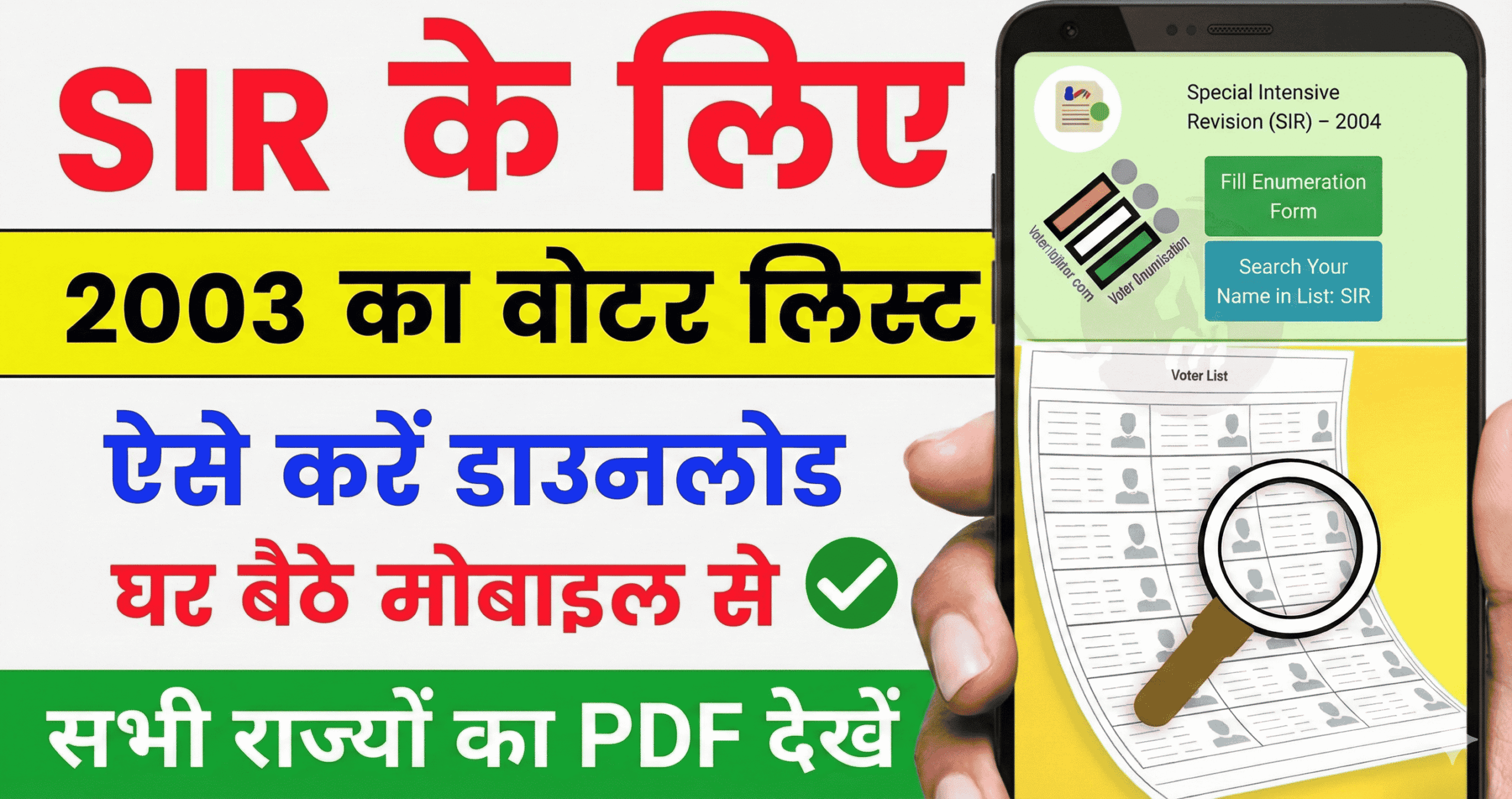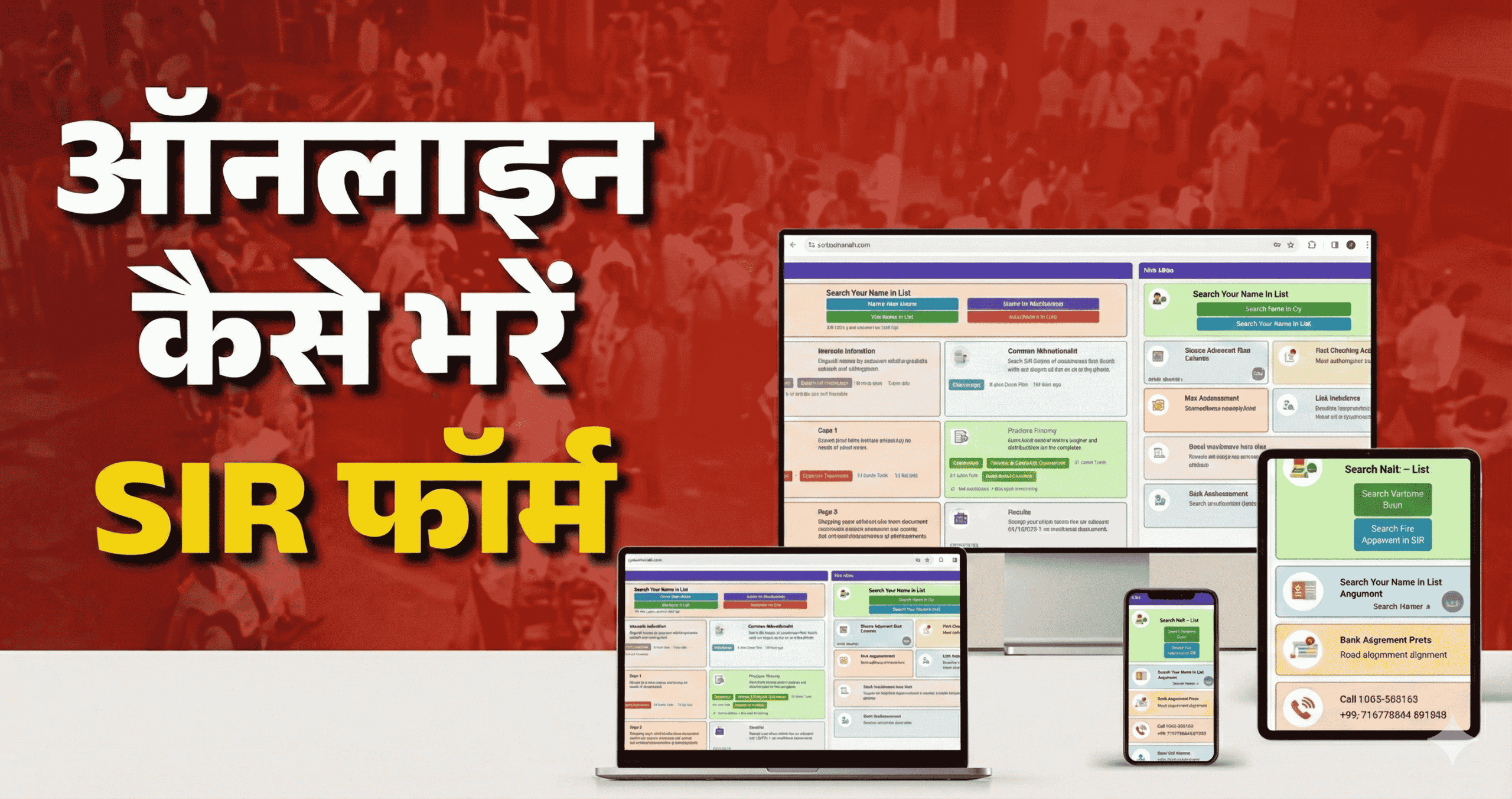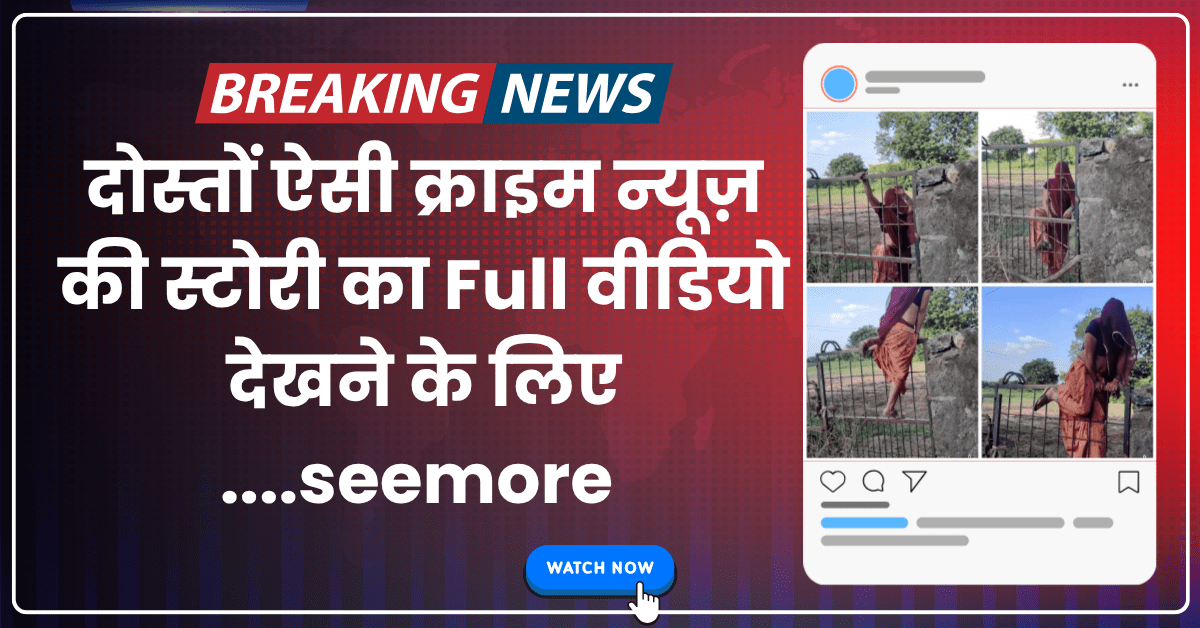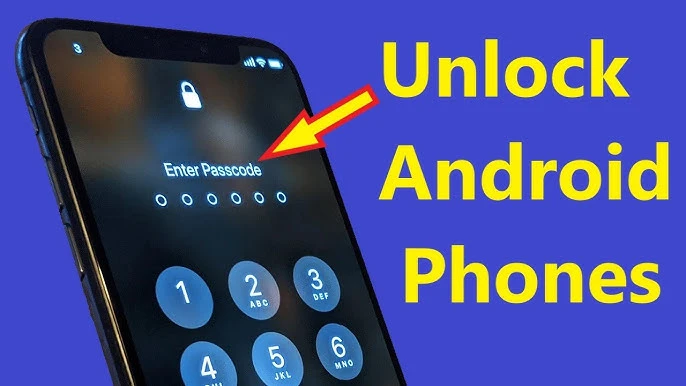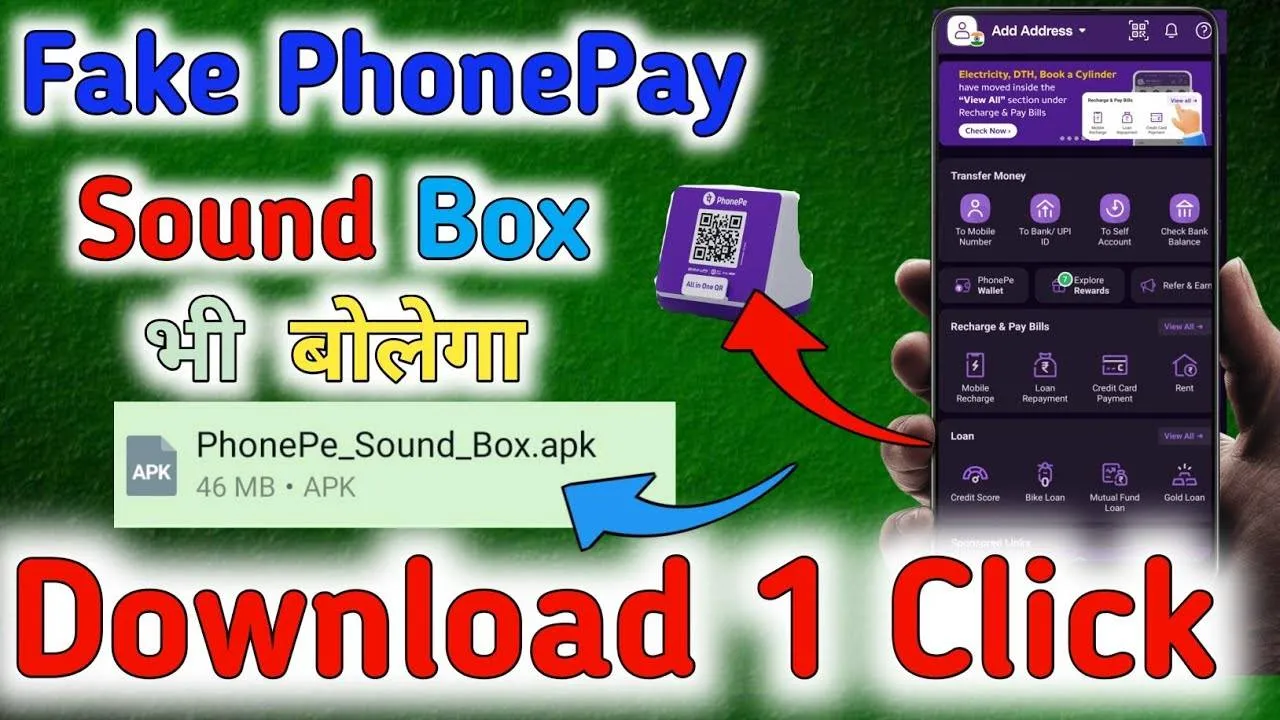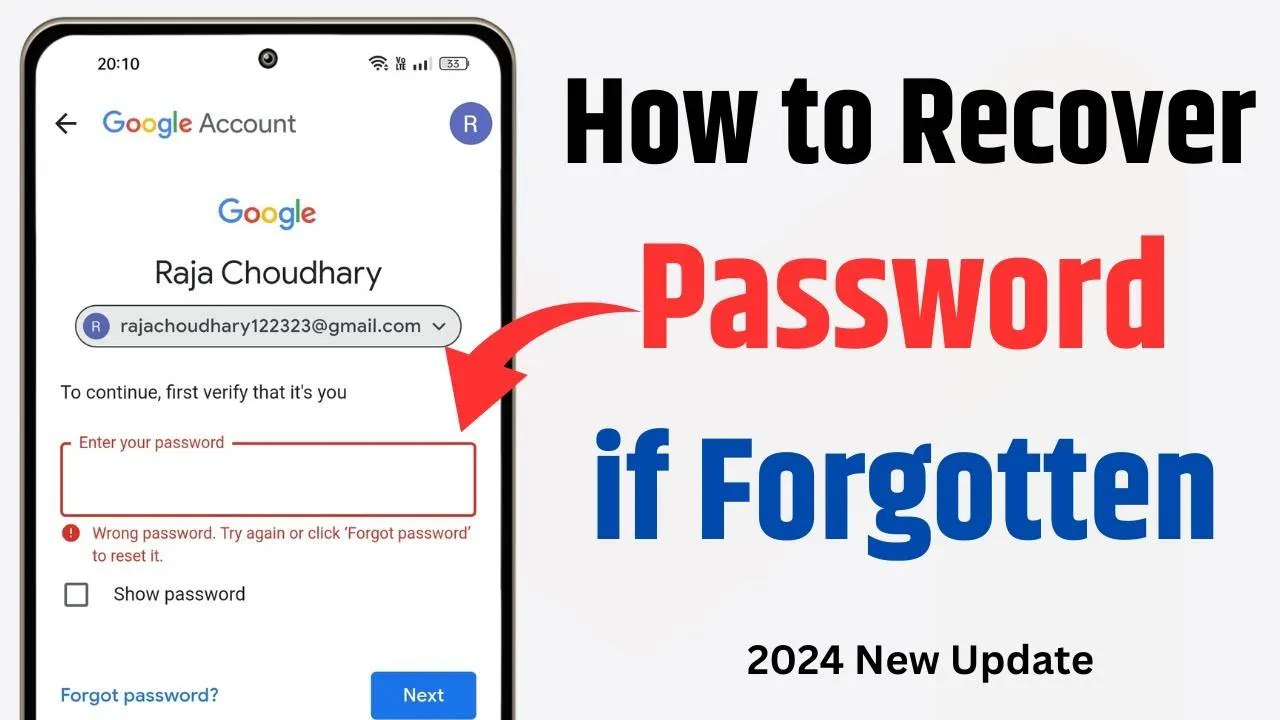Whether for work, education, entertainment, or staying in touch with loved ones, access to data is essential. However, with the increasing demand for high-speed internet and the transition from 4G to 5G networks, data plans can often be costly. But what if there was a way to unlock unlimited free data on these advanced networks?
The idea of accessing unlimited free data on 4G to 5G networks sounds enticing, almost too good to be true. Traditionally, telecommunication companies have monetized data usage through subscription plans, limiting data usage based on the plan’s allocated data caps.
However, there are innovative approaches emerging that promise to disrupt this model and potentially provide users with unlimited data access without the hefty price tag.
Free Data on 4G to 5G
One such approach is through the utilization of sponsored data programs. In sponsored data programs, third-party companies foot the bill for users’ data usage. This can be achieved through partnerships between telecommunication providers and various companies willing to
sponsor users’ data in exchange for exposure or engagement with their services or advertisements. By participating in these programs, users can enjoy accessing certain apps, services, or content without it counting towards their data caps.
Free Unlimited Data
Another avenue for unlocking unlimited free data lies in the realm of community networks and mesh networks. Community networks are built and maintained by local communities, often utilizing shared resources and infrastructure to provide internet access to residents.
Mesh networks, on the other hand, rely on a decentralized architecture where each node in the network serves as a relay for data, creating a robust and resilient network. By joining or contributing to such networks, individuals can access internet connectivity without relying on traditional telecom providers, potentially reducing or eliminating data costs altogether.
Furthermore, advancements in technology, such as the proliferation of Wi-Fi 6 and the deployment of low Earth orbit (LEO) satellite constellations, are expanding the possibilities for affordable and widespread internet access.
Free Data on 4G to 5G
Wi-Fi 6 offers faster speeds, better performance in crowded areas, and increased efficiency, making it an attractive option for data connectivity. Meanwhile, LEO satellite constellations promise to provide global broadband coverage, bridging the digital divide and potentially offering low-cost or free data access to underserved areas.
However, while the prospect of unlimited free data on 4G to 5G networks is promising, there are several challenges and considerations to navigate.
Privacy and data security concerns may arise, particularly in sponsored data programs where user data may be shared with third-party sponsors. Additionally, the sustainability and scalability of community and mesh networks depend heavily on community participation and investment in infrastructure maintenance.
Moreover, the regulatory landscape surrounding telecommunications and internet access varies across regions, potentially impacting the feasibility and legality of certain approaches to accessing free data. Furthermore, the quality and reliability of internet connectivity can vary widely depending on the technology and infrastructure used, highlighting the importance of robust and resilient networks.
Short List:
- Sponsored data programs
- Community networks and mesh networks
- Advancements in technology (Wi-Fi 6, LEO satellite constellations)
- Privacy and data security concerns
- Sustainability and scalability of community and mesh networks
- Regulatory landscape
- Quality and reliability of internet connectivity
Table:
| Approach | Description |
|---|---|
| Sponsored Data Programs | Third-party companies pay for users’ data usage in exchange for exposure or engagement with their services or advertisements. Users can access certain apps, services, or content without it counting towards their data caps. |
| Community Networks/Mesh Networks | Local communities build and maintain networks using shared resources, providing internet access. Mesh networks rely on decentralized architecture for data relay. |
| Technological Advancements | Wi-Fi 6 offers faster speeds and better performance; LEO satellite constellations promise global broadband coverage. |
| Privacy and Data Security | Concerns arise regarding the sharing of user data with third-party sponsors in sponsored data programs. |
| Sustainability and Scalability | Community and mesh networks depend on community participation and investment for maintenance. |
| Regulatory Landscape | Varied regulations across regions may impact the feasibility and legality of accessing free data. |
| Quality and Reliability | Internet connectivity quality varies depending on the technology and infrastructure used. |
In conclusion,
while the idea of unlocking unlimited free data on 4G to 5G networks may seem like a distant dream, it is not entirely out of reach. Through innovative approaches such as sponsored data programs, community networks, and technological advancements, there is potential for individuals to access data connectivity without breaking the bank.
However, it is essential to navigate the challenges and considerations surrounding privacy, security, sustainability, and regulation to ensure that the promise of free data access is realized responsibly and equitably for all.
FAQ :
Q: Is it possible to access unlimited free data on 4G to 5G networks?
Yes, there are innovative approaches emerging that aim to provide users with unlimited data access without hefty costs.
Q: What are some of these approaches?
Sponsored data programs, community networks, and advancements in technology like Wi-Fi 6 and LEO satellite constellations are some avenues for accessing free data.
Q: How do sponsored data programs work?
Third-party companies sponsor users’ data usage in exchange for exposure or engagement with their services or advertisements, allowing users to access certain content without it counting towards their data caps.
Q: What are community networks and mesh networks?
Community networks are built and maintained by local communities, while mesh networks rely on decentralized architecture for data relay, providing internet access to residents without traditional telecom providers.
Q: What concerns should users be aware of when accessing free data?
Privacy and data security, sustainability and scalability of community networks, regulatory landscape, and the quality and reliability of internet connectivity are important considerations.
Q: How feasible is it to access unlimited free data?
While it presents challenges, innovative approaches and technological advancements offer promising possibilities for affordable and widespread internet access.
Q: What are some technologies contributing to this goal?
Wi-Fi 6 offers faster speeds and efficiency, while LEO satellite constellations promise global broadband coverage, potentially reducing or eliminating data costs for users.
Q: What should users keep in mind when exploring these options?
It’s crucial to navigate privacy concerns, community participation in network maintenance, regulatory compliance, and ensuring reliable internet connectivity.

